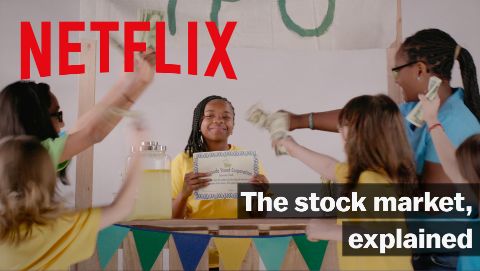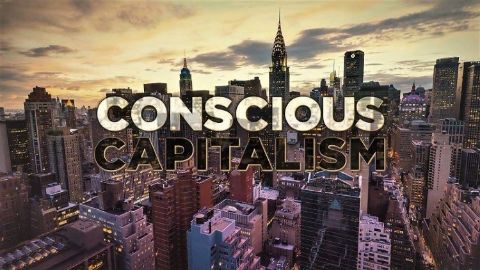India: The Modi Question • 2023
Information Tensions in the world's largest democracy. India's Prime Minister Narendra Modi has been dogged by accusations over his attitude to the nation's Muslim minority. What's the truth? Chapter 1: Focuses on Indian PM Narendra Modi and the persistent allegations about his attitude towards India's Muslim population that have plagued his premiership. Investigates the truth behind these allegations and explores Modi's backstory and also examines claims about his role in 2002 riots that left over a thousand dead. Chapter 2: Focuses on his government's track record following his re-election in 2019. A series of controversial policies has been accompanied by reports of violent attacks on Muslims by Hindus. Modi and his government reject any suggestion that their policies reflect any prejudice towards Muslims - but these policies have been repeatedly criticised by human rights organisations such as Amnesty International.
Make a donation
Buy a brother a hot coffee? Or a cold beer?
Hope you're finding these documentaries fascinating and eye-opening. It's just me, working hard behind the scenes to bring you this enriching content.
Running and maintaining a website like this takes time and resources. That's why I'm reaching out to you. If you appreciate what I do and would like to support my efforts, would you consider "buying me a coffee"?
Donation addresses
BTC: bc1q8ldskxh4x9qnddhcrgcun8rtvddeldm2a07r2v
ETH: 0x5CCAAA1afc5c5D814129d99277dDb5A979672116
With your donation through , you can show your appreciation and help me keep this project going. Every contribution, no matter how small, makes a significant impact. It goes directly towards covering server costs.





